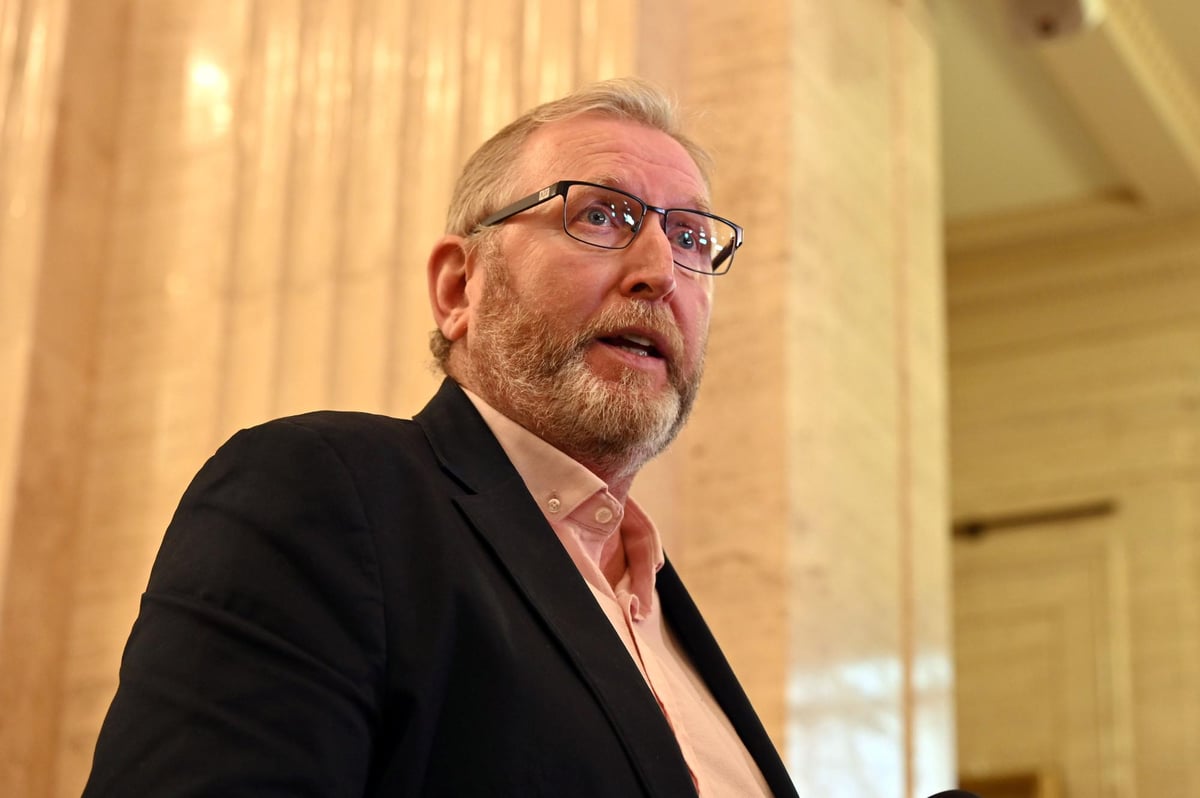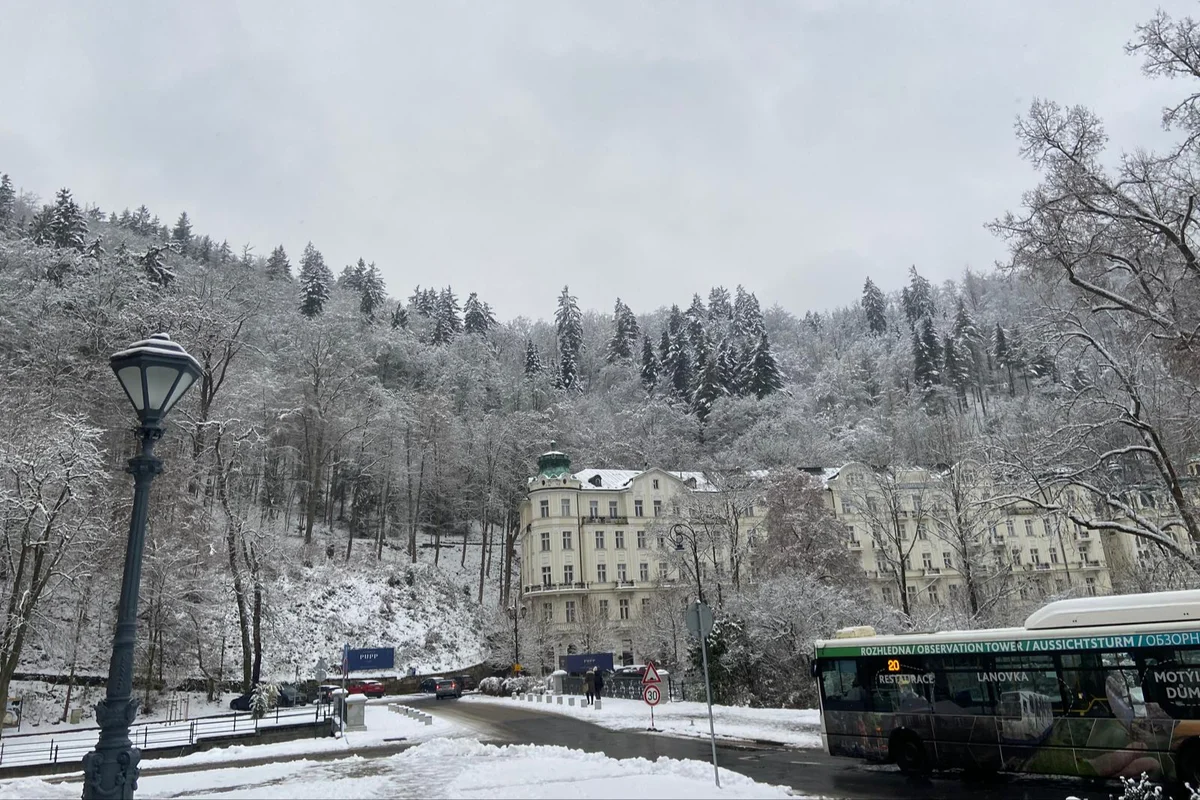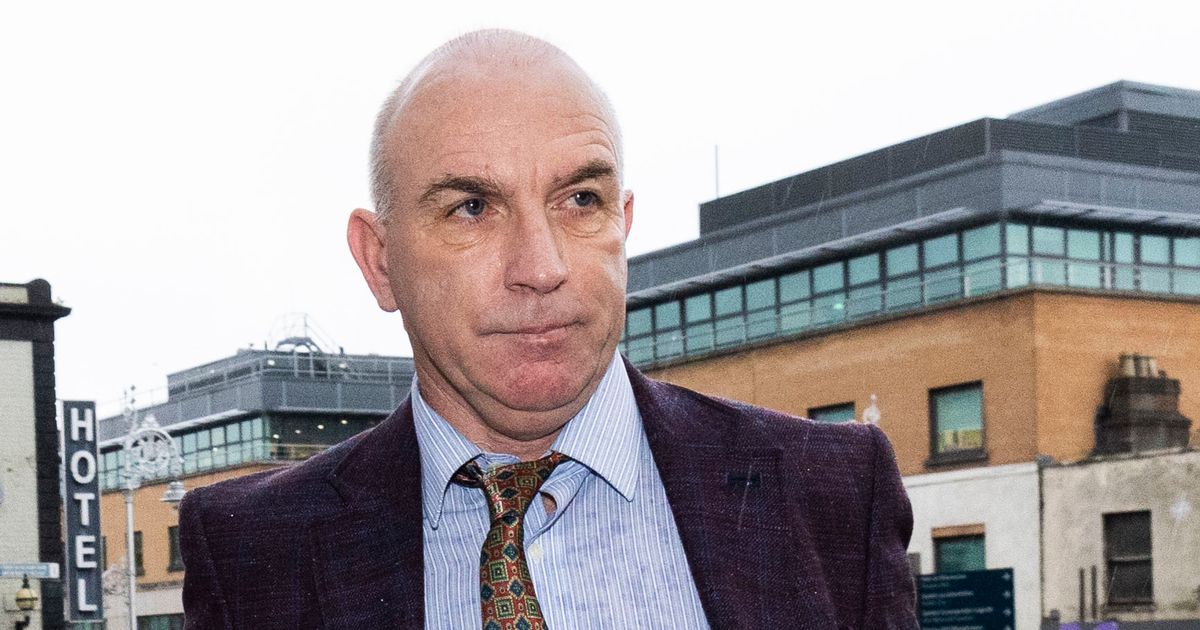Copyright newsletter

Doug Beattie, himself a former soldier with the Royal Irish Regiment and Royal Irish Rangers, was commenting on the "six new protections, rights and safeguards for Northern Ireland veterans" which the government announced recently. The government has now admitted that some of these are not in fact specific to veterans, but apply much more widely – opening up the possibility that paramilitaries can avail of them too. Legacy campaigner and former UUP politician Jeff Dudgeon this week told the News Letter that the government was being "deceptive" over the issue, and deploying "smoke and mirrors". Now UUP Upper Bann MLA and former party leader Mr Beattie has added his voice, saying that "the so-called six protections for veterans were nothing more than an exercise in deception to create a favourable reaction", adding: "How the Labour Government, and the Northern Ireland Office (NIO), think the veterans community was going to be fooled by their deceptions is something of a mystery to me." At the heart of the issue is the six-point list published by the government on September 19 headlined: ‘Six new protections, rights and safeguards for Northern Ireland veterans.’ It listed the six as follows: firstly, "you cannot be forced to travel to or around Northern Ireland to give evidence as a witness to the [new Legacy Commission] or to an inquest”. Point two was that “the Legacy Commission won’t needlessly duplicate previous investigative work you may have already participated in”. Three was that “your health and well-being will be taken into account”; Four was that “you can request anonymity when giving evidence”; And five was “protection from cold calling … you’ll only be contacted through official channels, with MoD support”. Lastly, veterans’ representatives will be among those sitting on the Victims and Survivors Advisory Group “to ensure your perspectives are considered”. Since then, Baroness Anderson of Stoke-on-Trent of the NIO has said that while all of these are "to protect and ensure fair treatment of any veteran who is asked to engage with legacy mechanisms", she also said: “Measures set out in the legislation, including the right to give evidence remotely and having regard to the welfare of witnesses, will necessarily apply to others. “This will ensure, for example, that former police officers are able to avail of these measures. “Some other non-legislative measures will apply only to veterans, including the protection from cold calling and the new safeguard that ensures veterans do not have to give unnecessary evidence on historical context and general operational details.” Mr Beattie said: "The protections from repeated investigations is outside their control; this will fall to the PPS in Northern Ireland, unless an amendment is made to say ‘new and substantial information’. "The protections in old age are the normal protections given to anyone who may not be fit to stand trial due to the effects of increasing years. "The right to anonymity is already there, and even the right to stay at home is questionable for veterans who still live in Northern Ireland. "In simple terms there are no protections, and anything that gives even the mildest protections will be available to everyone including terrorists and perpetrators. "The Secretary of State for Northern Ireland has been caught out by a veteran’s community who have heard all the promises before, they won’t be fooled this time." Asked to respond to criticism, and to clarify exactly which of its six points are specific only to veterans and/or former police, the NIO had told the News Letter that Baroness Anderson had been "pretty clear therefore we have nothing further to add". It has once again pointed to her statement in response to Mr Beattie.



